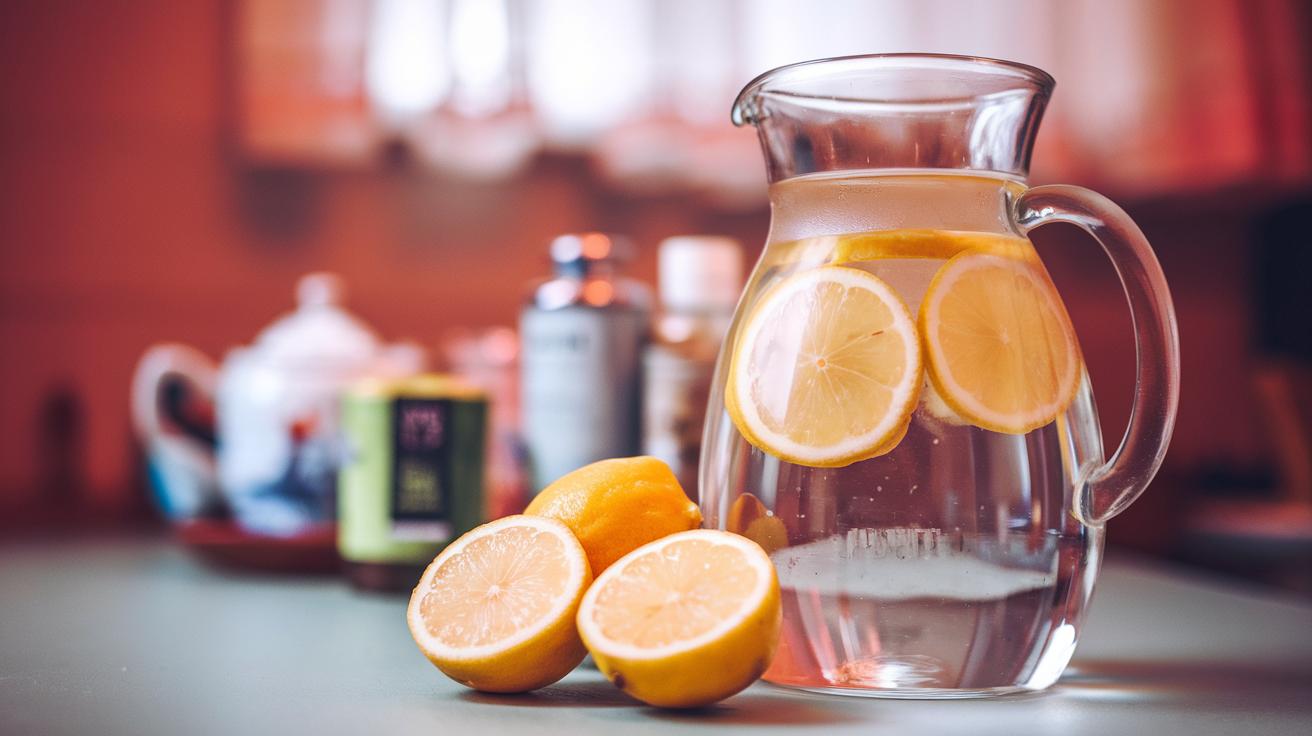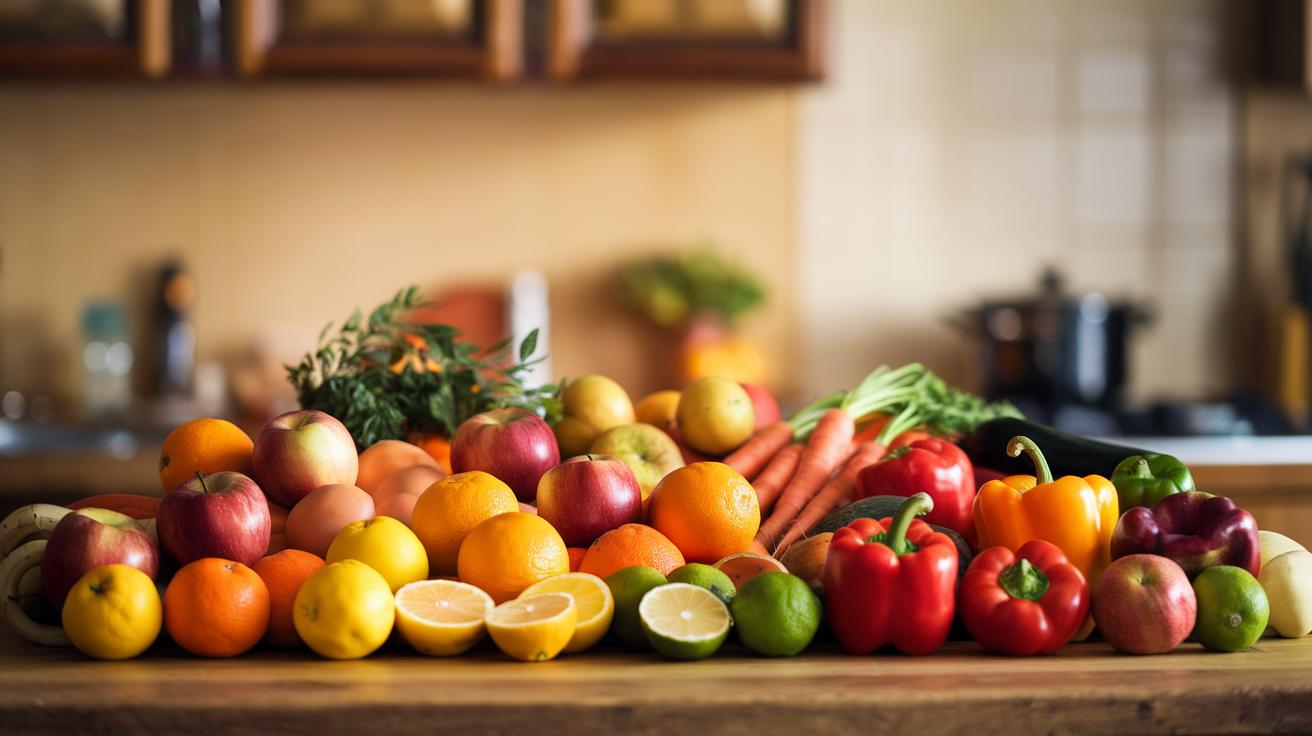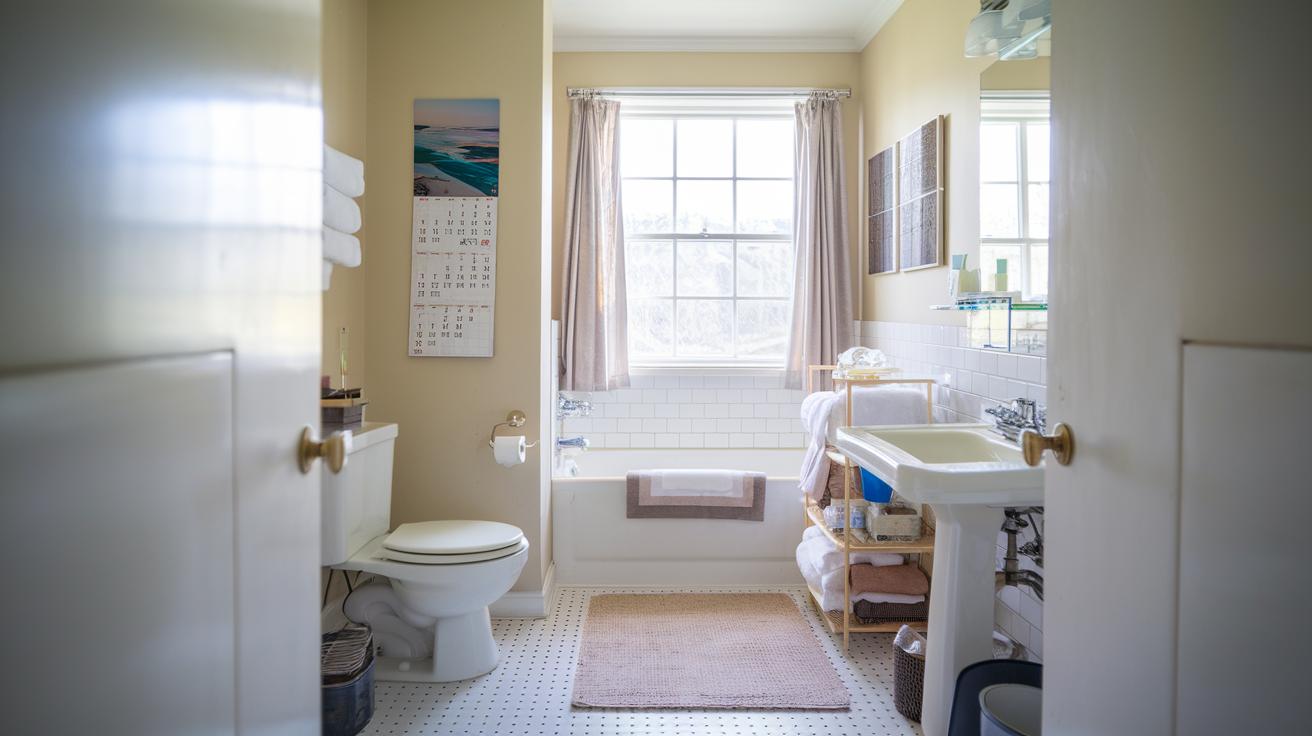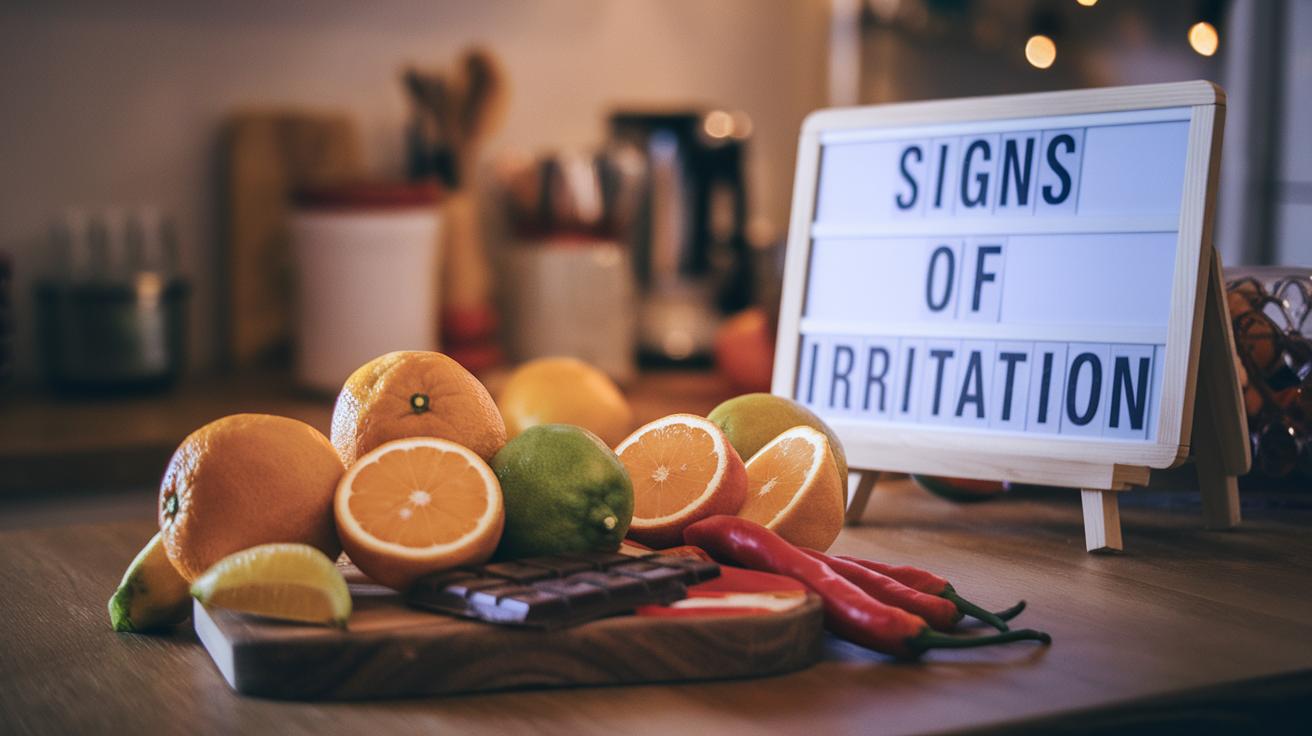Is your bladder health up to par, or could it be silently affecting your daily life? In this comprehensive exploration, uncover the significance of a healthy bladder and how to maintain it. From strategic hydration techniques that protect the bladder lining to dietary choices that bolster urinary function, this guide offers actionable strategies to enhance your well-being. Delve into the exercise regimens strengthening bladder control and the bathroom habits safeguarding against infections. By the end, equip yourself with practical knowledge and boost your confidence in managing bladder health.
Hydration and Bladder Health

Proper hydration plays a crucial role in maintaining bladder health. Consuming 6 to 8 cups of water daily helps ensure that the bladder functions effectively by keeping urine diluted, which reduces the risk of irritation and infection. It's important to space out fluid intake throughout the day instead of consuming large amounts at once to avoid overloading the bladder. This practice helps maintain a steady flow of urine production and prevents undue stress on bladder muscles.
- Water: Essential for diluting urine and maintaining bladder health.
- Herbal Tea: Provides hydration without caffeine, which can irritate the bladder.
- Coconut Water: Rich in electrolytes, supports hydration, and bladder function.
- Cranberry Juice: Contains compounds that may help prevent bladder infections.
- Aloe Vera Juice: Known for soothing properties, can reduce bladder irritation.
Caffeine and alcohol significantly impact bladder health due to their diuretic effects, which increase urine production and can lead to bladder irritation. Caffeine, found in coffee, certain teas, and sodas, can cause bladder contractions, leading to more frequent urges to urinate. Alcohol also acts as a diuretic and can contribute to dehydration, affecting the bladder's ability to function properly. Limiting the intake of these substances helps maintain bladder stability and reduces the likelihood of irritation and discomfort.
Dietary Choices for a Healthy Bladder

Diet plays a pivotal role in maintaining bladder health by providing nutrients that support its function while avoiding substances that may cause irritation. Consuming a diet rich in high-fiber foods, low-acid content, and antioxidants contributes to overall bladder wellness. Fiber aids in digestive health, reducing the incidence of constipation, which can place additional pressure on the bladder. Antioxidants help combat oxidative stress, potentially reducing inflammation within the bladder. Non-acidic fruits and vegetables, along with whole grains and lean proteins, are fundamental in a bladder-friendly diet, supporting both bladder and metabolic health.
- Oatmeal
- Bananas
- Blueberries
- Eggs
- Quinoa
- Cauliflower
- Green beans
Certain foods and beverages contain compounds that can irritate the bladder lining, leading to discomfort or the need for more frequent urination. Spicy foods, caffeine, alcohol, chocolate, and acidic fruits such as oranges and tomatoes are common bladder irritants. Artificial sweeteners also pose a risk of bladder irritation. Limiting or eliminating these items from the diet can prevent bladder-related issues, enhancing comfort and bladder function. Maintaining awareness of these irritants and making conscious dietary adjustments can significantly benefit bladder health.
The Role of Exercise in Bladder Health

Exercise plays a vital role in promoting bladder health by addressing factors such as weight management and digestive regularity. Maintaining a healthy weight reduces pressure on the bladder, which aids in preventing incontinence and other bladder-related issues. Regular physical activity can enhance overall muscle tone, including those that support bladder function. Exercise also combats constipation, which can exert additional pressure on the bladder, thereby improving bladder control and comfort.
Focusing on pelvic floor exercises is particularly beneficial for strengthening the muscles responsible for supporting the bladder. These exercises, such as Kegels, are designed to enhance the endurance and strength of pelvic muscles, reducing the risk of urinary leakage and improving overall bladder control. By incorporating specific bladder strengthening techniques into a regular exercise routine, individuals can significantly enhance their ability to manage bladder function effectively and reduce the occurrence of bladder-related problems.
Key Pelvic Floor Exercises
- Kegel Exercises: Tighten and hold pelvic muscles as if stopping urine flow. Hold for 5 seconds, release, and repeat 10-15 times.
- Bridge Pose: Lie on your back with knees bent and feet flat. Lift hips while squeezing pelvic muscles. Hold for 5 seconds, lower, and repeat 10 times.
- Squats: Stand with feet shoulder-width apart. Lower into a squat while engaging pelvic muscles. Return to standing and repeat 10 times.
- Wall Sits: With back against a wall, slide down into a sitting position. Engage pelvic muscles for 10 seconds, then stand up. Repeat 10 times.
- Pelvic Tilts: Lie on your back, knees bent. Tighten abs and push lower back to the floor. Hold for 5 seconds, release, and repeat 10 times.
Good Bathroom Habits for Bladder Maintenance

Maintaining regular bathroom habits is crucial for bladder health. Visiting the bathroom 4 to 8 times daily ensures consistent emptying of the bladder, which helps prevent infections and discomfort caused by urine retention. Limiting nighttime visits to no more than twice is ideal for promoting restful sleep and minimizing bladder stress. Fully emptying the bladder during each visit is essential to reduce the risk of urinary tract infections and maintain muscle strength. Avoiding the habit of holding urine for extended periods is critical, as this can lead to stretching and weakening of the bladder muscles.
- Urinate every 3 to 4 hours during the day.
- Take your time to ensure complete bladder emptying.
- Respond promptly to the urge to urinate.
- Avoid drinking large amounts of fluids before bedtime.
- Practice relaxed breathing to ease bladder tension.
Poor bathroom habits can lead to several bladder-related issues, including infections and muscle weakness. Holding urine for prolonged periods increases the risk of bacterial growth in the urinary tract, potentially resulting in infections. It can also cause an overstretching of the bladder, diminishing its ability to contract efficiently. Failing to empty the bladder completely can lead to stagnant urine, a breeding ground for bacteria, and increased urinary frequency. Establishing and adhering to healthy urination routines is essential for maintaining optimal bladder function and preventing complications.
Avoiding Bladder Irritants

Bladder irritants, often found in common foods and beverages, can trigger discomfort and increased urination frequency. Substances such as caffeine, alcohol, and artificial sweeteners are known to affect bladder function by stimulating the bladder muscles and increasing the urgency of urination. Spicy foods, chocolate, and acidic fruits like tomatoes and citrus are also culprits that can irritate the bladder lining, leading to inflammation and discomfort. Identifying and minimizing the intake of these irritants is essential for maintaining bladder health and reducing the risk of irritation-induced symptoms.
- Increased urgency to urinate
- Burning sensation during urination
- Frequent urination
- Pelvic discomfort or pain
- Cloudy or strong-smelling urine
Reducing Bladder Irritation
To effectively reduce bladder irritation, individuals should consider making dietary and lifestyle adjustments. Eliminating or reducing the consumption of known irritants is a primary strategy. Incorporating non-irritating foods, such as non-acidic fruits and vegetables, into the diet can enhance bladder comfort. Staying hydrated with water and bladder-friendly beverages helps dilute potential irritants. Additionally, maintaining a regular urination schedule and practicing stress-reducing activities can alleviate bladder tension and contribute to overall bladder health.
Effective Communication with Healthcare Providers

Engaging in open communication with healthcare providers is crucial for addressing bladder health concerns effectively. Professional guidance allows individuals to explore appropriate treatments, manage symptoms, and potentially prevent more serious complications. Early intervention through medical advice can enhance bladder health outcomes by identifying underlying issues that may require targeted therapies. A healthcare provider's expertise not only aids in diagnosing and treating bladder-related conditions but also provides reassurance and support for ongoing management strategies.
- What are the potential causes of my bladder symptoms?
- Which diagnostic tests are recommended to assess my bladder health?
- What lifestyle changes can I adopt to improve my bladder function?
- Are there any medications or treatments that could alleviate my symptoms?
- How can I monitor my bladder health effectively at home?
Final Words
Understanding the significance of hydration, dietary choices, exercise, and healthy bathroom habits is pivotal for bladder health. Consistent hydration with bladder-friendly beverages supports optimal bladder function, while a balanced diet rich in fiber and antioxidants enhances overall health. Exercise, particularly pelvic floor exercises, strengthens the bladder muscles and aids in maintaining control.
Adopting proper urination habits and identifying irritants contributes to preventing bladder discomfort. Consulting healthcare providers offers guidance and ensures timely interventions. Employing these strategies facilitates effective ways to keep your bladder healthy, enhancing overall well-being and promoting a positive lifestyle.
FAQ
How can I clean my bladder naturally?
Natural bladder cleansing can be achieved by drinking plenty of water throughout the day, consuming bladder-friendly foods like cranberry juice, and avoiding irritants such as caffeine and alcohol.
How can I strengthen my bladder?
Strengthening the bladder involves regular pelvic floor exercises, like Kegels, to enhance muscle support. Additionally, maintaining a healthy lifestyle through balanced nutrition and regular physical activity aids in bladder strength.
What are some foods for healthy bladder and kidneys?
Foods that support bladder and kidney health include cranberries, blueberries, nuts, lean proteins, whole grains, non-acidic vegetables, and water-rich fruits. These choices are nutrient-dense and help maintain optimal bladder function.
How can I relax my bladder to urinate?
Relaxing the bladder can involve techniques such as deep breathing, creating a calming bathroom environment, and sitting comfortably on the toilet to encourage voluntary urination.
How can I control urine while traveling?
To control urine during travel, plan regular bathroom breaks, limit fluids before and during travel, and perform pelvic floor exercises to increase control.
How can I make my bladder healthy again?
Restoring bladder health involves adopting good hydration practices, eating a balanced diet with bladder-friendly foods, and avoiding irritants like caffeine and alcohol.
What is the best drink for your bladder?
Water is the best drink for bladder health. Herbal teas like chamomile and some fruit juices, without added sugars, also support bladder function.
What heals the bladder lining?
The bladder lining can be healed by consuming nutrients that promote mucosal health, such as vitamins A and C, and amino acids found in lean proteins and certain vegetables.
How can I make my urine flow stronger?
Strengthening urine flow may be achieved through Kegel exercises to improve pelvic muscle tone and ensuring complete bladder emptying during urination.


